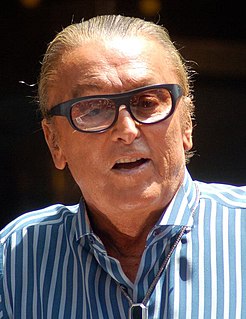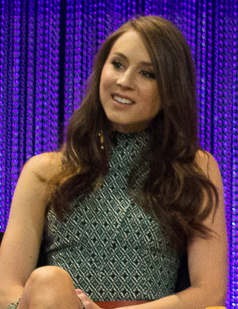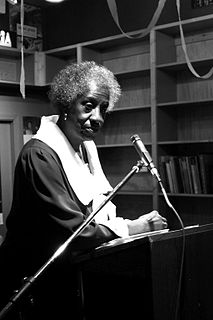A Quote by Michael Douglas
I grew up on the East Coast and was going to go to an Ivy League School, but at the last minute I decided to be a hippy. It was the protest movements on the war, peace movements were going on at our university. It was a fantastic time.
Related Quotes
I wanted to get out of Ashland, and I thought it would be pretty cool to go to school in the East. So I asked my guidance counselor what Ivy League schools were. And I applied to Harvard, Yale and Dartmouth - that was it. My guidance counselor told me I wouldn't get into an Ivy League school. So as my act of resistance, that's all I applied to.
When you start to do research into gorillas or any kind of apes, if you're going to play them, that's one of the biggest misconceptions. And when I did Kong, you're not doing gorilla movements, you're not doing ape movements, you're looking for a personality. It's like saying okay I'm going to do human movements.
It's a shame for women's history to be all about men--first boys, then other boys, then men men men. It reminds me of the way our school history textbooks were all about wars and elections, one war after another, with the dull periods of peace skimmed over whenever they occurred. (Our teachers deplored this and added extra units about social history and protest movements, but that was still the message of the books.)
If we are going to talk about the most recent of the "Indignados" movements in several countries of the world, including Europe, those are social movements but eventually they will evolve into political movements. This will happen because the traditional bourgeois parties have lost credibility after being the main political influence in most countries of Latin-America and Europe in the last 50 or 60 years.
What's more important is that we talk about movements; change happens through movements. The movement to end slavery, the movement to bring justice for those who have been left out of the system, movements to include women, movements around sexual preference - all these movements brought about change.
Most feminists in France came to feminism after '68 as a result of the hypocrisy they experienced in leftist movements. In these movements, where everyone believed there was going to be true equality, fraternity between men and women, and that together they were going to struggle against this rotten society, even there they noticed that the leftists, the militants, kept them "in their place." Women made the coffee while the others did the talking; they were the ones who typed the letters.
Who among us has not, in moments of ambition, dreamt of the miracle of a form of poetic prose, musical but without rhythm and rhyme, both supple and staccato enough to adapt itself to the lyrical movements of our souls, the undulating movements of our reveries, and the convulsive movements of our consciences? This obsessive ideal springs above all from frequent contact with enormous cities, from the junction of their innumerable connections.
Movements are not radical. Movements are the American way. A small group of abolitionists writing and speaking eventually led to the end of slavery. A few stirred-up women brought about women's voting. The Populist movement, the Progressive movement, the anti-Vietnam War movement, the women's movement - the examples go on and on of 'little people' getting together and telling the truth about their lives. They made our government act.
The emotion is the execution of a very complex program of actions. Some actions that are actually movements, like movement that you can do, change your face for example, in fear, or movements that are internal, that happen in your heart or in your gut, and movements that are actually not muscular movements, but rather, releases of molecules.




































